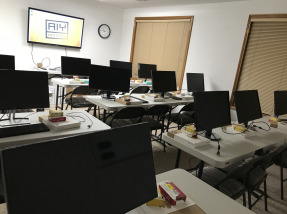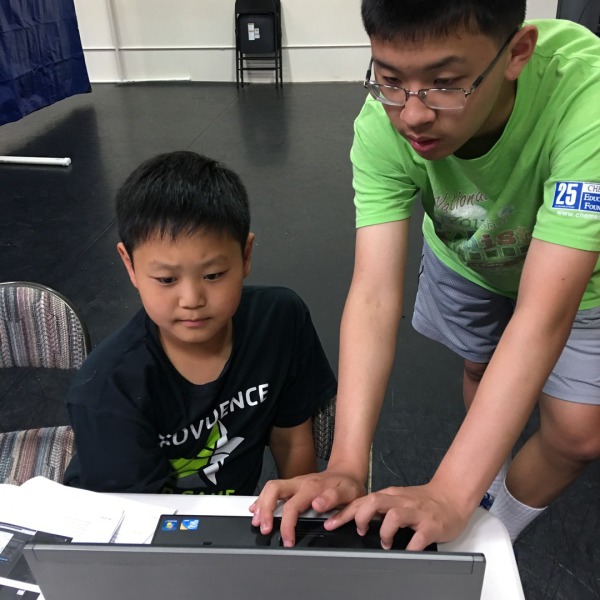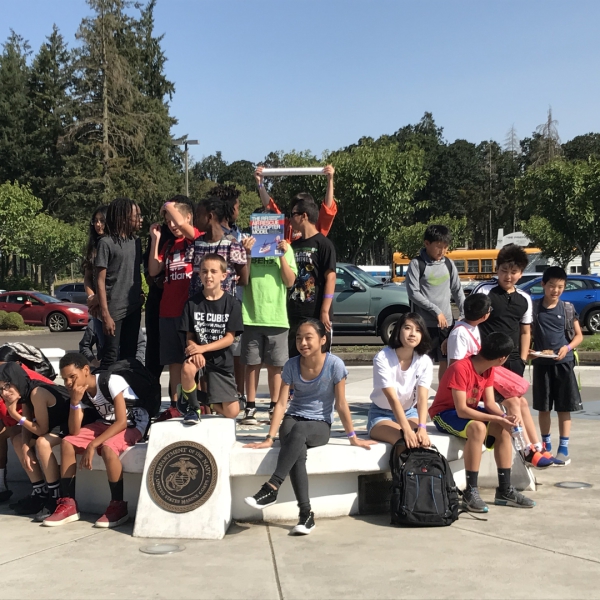Operating as a 501(3)(c) (non-profit) organization, our volunteers have served more than 1000+ participants, 30+ events in the
past three years through our MESCE educational activities and events. Our plans for the future include reaching even more students and utlimately creating a positive impact on our Local communities
from different background and culture. Believe or not, many schools don't provide enough MECSE programs for students. Many students are unable to learn the MECSE skills
necessary to future challenges for different reasons:
- inaccessible resources
- lack of instructors and mentors
- failure to translate MECSE interests into solving meaningful real life problems
We strive to provide appropriate and fun instructional supports including adaptive online practice and offline classroom discussion, activies, events, and competitions so that students of all
ability levels have equitable access to the learning objectives.
H.R.1665 - Building Blocks of STEM Act
S.737
The bill specifies that NSF grants to research computer science education and computational thinking may be used to support development and implementation of various tools and models for teaching
and learning, including
- developing and offering gender-inclusive computer science enrichment programs, and
- acquainting female students in prekindergarten through elementary school with careers in computer science.
National Aeronautics and Space Administration's (NASA) endeavors in
STEM
National Science Foundation's (NSF) endeavors in STEM
"Our world is changing. Technological innovation is rapidly changing the way we work and the type of human capital our industries require."
" Technology is advancing faster than humans, disrupting both jobs and the skills needed to
compete. Research by
McKinsey suggests that globally about half of the jobs performed by humans today will be disrupted by automation, and a survey of business leaders by the World Economic
Forum suggests that 42% of the core job skills required today are set to change substantially by 2022."
Consider the following workplace projections: (credit to online resources)
- An Oxford study projects that 47 percent of current jobs in developed
nations will be replaced by automation as early as 2034.
- According to the World Economic Forum, 65 percent of children entering elementary
school today will work in jobs that don’t even exist yet.
- In the United States, 80 percent of fastest growing occupations require STEM skills, which
are skills the vast majority of American workers do not currently have.
- The percentage of boys ages 13 to 17 interested in STEM careers dropped from 36 precent in 2017 to 24 percent in 2018, according to a
survey of teens around the country from Ernst & Young and Colorado-based nonprofit Junior Achievement USA although the students who reponded to the unscientific online survey named technology as
one of the two key skills necessary to prepare them for the professions.











